
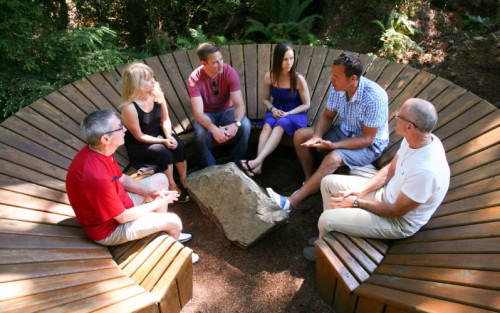


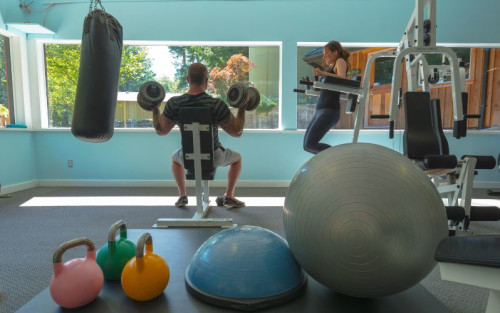




Orchard Recovery
Verified Center
This provider's information has been quality-checked by Recovery.com's Research Team for accuracy and completeness, including center verification through appropriate third-party organizations.
Treatment Focus
This center treats substance use disorders and co-occurring mental health conditions. Your treatment plan addresses each condition at once with personalized, compassionate care for comprehensive healing.
Primary Level of Care
Offering intensive care with 24/7 monitoring, residential treatment is typically 30 days and can cover multiple levels of care. Length can range from 14 to 90 days typically.
Treatment Focus
This center treats substance use disorders and co-occurring mental health conditions. Your treatment plan addresses each condition at once with personalized, compassionate care for comprehensive healing.
Primary Level of Care
Offering intensive care with 24/7 monitoring, residential treatment is typically 30 days and can cover multiple levels of care. Length can range from 14 to 90 days typically.
Private Pay
You pay directly for treatment out of pocket. This approach can offer enhanced privacy and flexibility, without involving insurance. Exact costs vary based on program and length of stay. Contact the center for specific details.
Orchard Recovery
Orchard Recovery
About Orchard Recovery
The Orchard Recovery Center is a private, boutique, 25-bed addiction treatment program tucked away in the West Coast rainforest on Bowen Island. Since 2002, they’ve combined the heart and science of recovery—treating the brain, body, and soul through holistic care and individualized treatment. Internationally accredited and led by an award-winning team, Orchard helps clients detox, stabilize, and leave feeling emotionally strong, personally accountable, and inspired to pursue lifelong recovery.
Build a Strong Base for Lifelong Recovery
Orchard Recovery Center builds a solid foundation for recovery by integrating clinical interventions, trauma-informed therapy, 12-Step philosophy, and holistic modalities. Clients are immersed in recovery-themed programming, which includes individual therapy, group therapy, psycho-educational seminars, relapse prevention skills, family programming, yoga, mindfulness, music and art therapy. Treatment also includes life skills and psycho-spiritual development tailored to each client’s values—supporting both practical growth and deeper personal insight.
Recover in a Former 4-Star Resort
Tucked away in a rainforest, Orchard Recovery Center offers shared bedrooms with fireplaces and queen beds, a 2,800-sq-ft fitness facility, an outdoor pool, and spaces to relax indoors or outdoors. Clients enjoy delicious meals, guided nature walks, and designated time for devices, including Sunday video calls with family members. With space for reflection and connection, clients feel grounded and supported as they engage in the work of recovery.
Stay Supported After Treatment
Staying connected with Orchard Recovery Center is an important part of each client’s continued recovery journey. Counsellors and recovery coaches provide weekly and monthly check-ins for a full year after treatment. Clients can also stay connected through Friends of the Orchard 12-Step meetings, special events like the annual picnic, and an alumni app. These opportunities for connection, joy, and accountability remind clients they’re not alone as they continue building meaningful lives.

Highlights from the Center
Highlights
These highlights are provided by and paid for by the center.
Customized Treatment Plans
Medically Assisted Detox
Certified Professionals
20+ Years in Business
Center Overview
Treatment Focus
This center treats substance use disorders and co-occurring mental health conditions. Your treatment plan addresses each condition at once with personalized, compassionate care for comprehensive healing.
CARF Accredited
CARF stands for the Commission on Accreditation of Rehabilitation Facilities. It's an independent, non-profit organization that provides accreditation services for a variety of healthcare services. To be accredited means that the program meets their standards for quality, effectiveness, and person-centered care.

Orchard Recovery
Pricing and Program Length
Estimated Center Costs
The cost listed here ($20,750 (CAD) / $14,600 (USD)), is an estimate of program cost. Center price can vary based on program and length of stay. Contact the center for more information. Recovery.com strives for price transparency so you can make an informed decision.


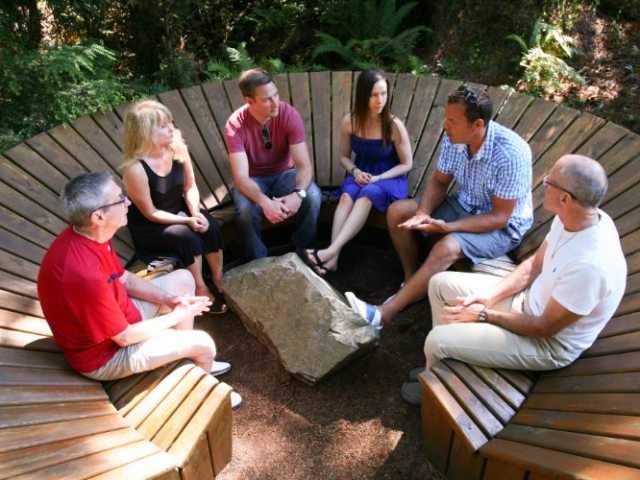

Recovery.com Verified Listing
Recovery.com verified that the name, location, contact information and license to operate for this treatment provider are valid and up-to-date.

CARF Accredited

Vancouver Coastal Health
Recovery.com is an independent, third-party mental health resource. Verification does not imply endorsement and does not guarantee the quality of treatment services.
Meet Your Care Team

Lorinda Strang
Executive Director, Co-Founder

Dr. Patrick Fay
Medical Director Emeritus
MD, ABAM(d), DFASAM, ASAM

Dr. Adam Chodkiewicz
Psychiatrist
MD, FRCP(C), DABAM

Dr. Máire Durnin
Addiction Physician
MD, PhD, MSC.BA(Mod), CCFP(AM), FASAM, cCSAM, cISAM, CCBOM, MRO
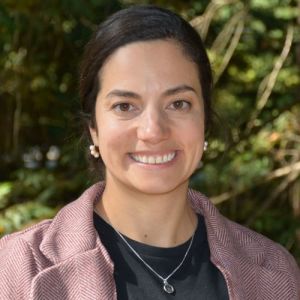
Dr. Genevieve Kerkerian
Addiction Physician
MD, FRCPC (Internal Medicine), AFC & DRCPSC (Addiction Medicine)
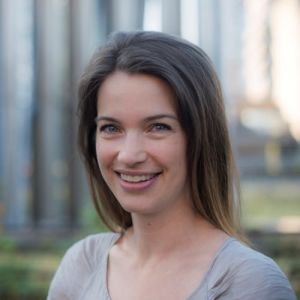
Dr. Renée Janssen
Addiction Physician
MD, MSc, FRCPC
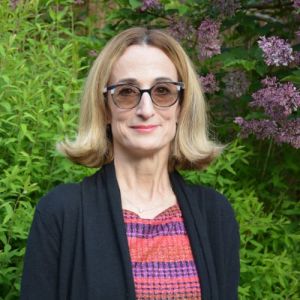
Dr. Kathryn Porter
Addiction Physician
MD., CCFP
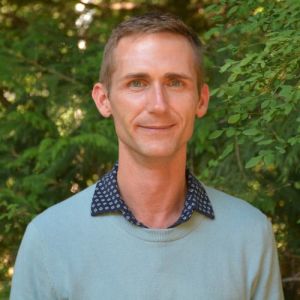
James Sullivan
Nurse
RN, BscN, MHA, CHE
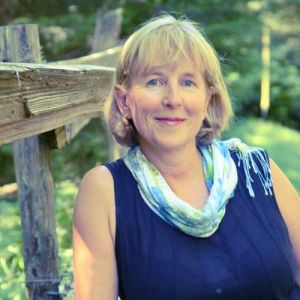
Suzan Ross
Nurse
RPN
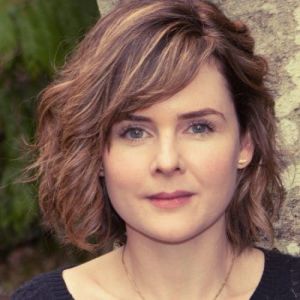
Jess Malkin
Primary Care Clinical Director
MA, MSW
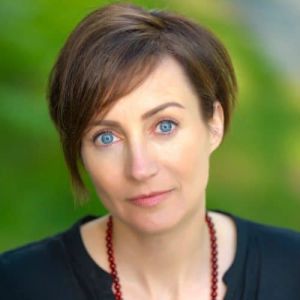
Barb Metcalfe
Director of Family Programs
BSc, CCAC, SEP
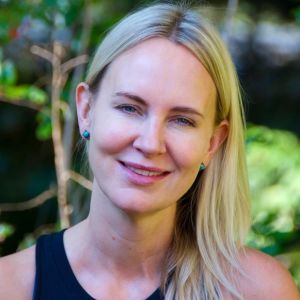
Brooke Evans
Addiction Counsellor
BSW, MSW, RSW
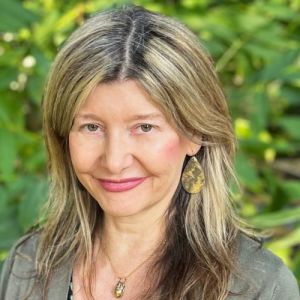
Elize Fitzgerald
Addiction Counsellor
MA, MC, RCC
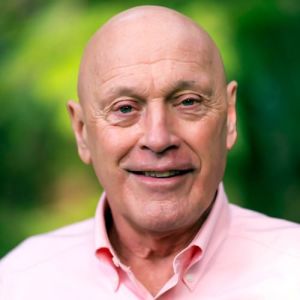
James Jones
Addiction Counsellor
BSW, ICADC

Miles Rubin
Addiction Counsellor
MSW, RSW, BCCSW, NSCSW,
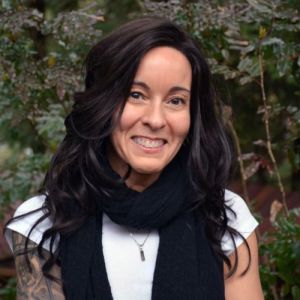
Nanette Diaz
Addiction Counsellor
MA, CCAC, PAT

Patrick Zierten
Addiction Counsellor
MA, CCAC

Ruta Yawney
Addiction Counsellor and Music Therapist
MA, RCC, FAMI
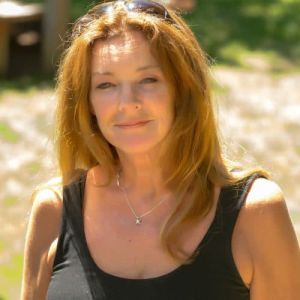
Susie Newman
Addiction Counsellor
CCAC
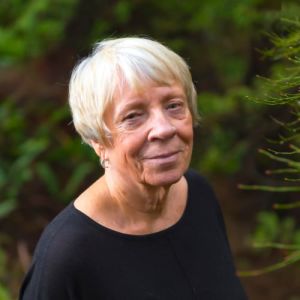
Anne Trory
Nurse
RN
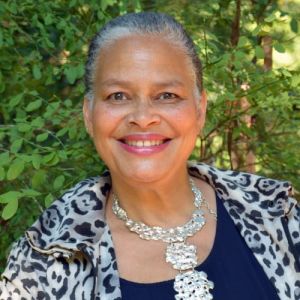
Constance Barnes
Support Staff, Recovery Coach
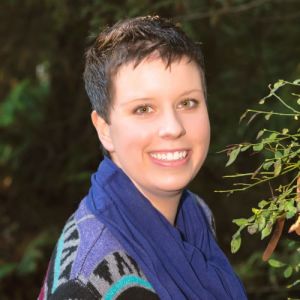
Julia MacDonald
Support Staff
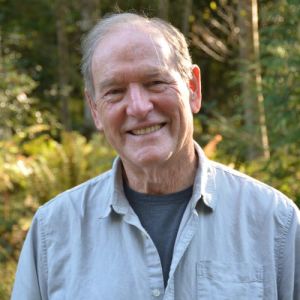
Michael St. John Smith
Support Staff and Recovery Coach
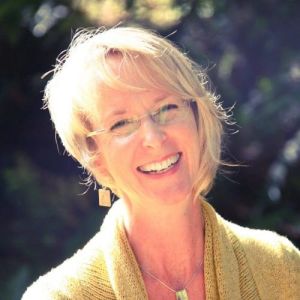
Ellie MacKay
Dietician
M.Sc, RD
Your Care Options
Specializations
Alcohol
Using alcohol as a coping mechanism, or drinking excessively throughout the week, signals an alcohol use disorder.
Benzodiazepines
Benzodiazepines are prescribed to treat anxiety and sleep issues. They are highly habit forming, and their abuse can cause mood changes and poor judgement.
Chronic Relapse
Consistent relapse occurs repeatedly, after partial recovery from addiction. This condition requires long-term treatment.
Co-Occurring Disorders
A person with multiple mental health diagnoses, such as addiction and depression, has co-occurring disorders also called dual diagnosis.
Drug Addiction
Drug addiction is the excessive and repetitive use of substances, despite harmful consequences to a person's life, health, and relationships.
Opioids
Opioids produce pain-relief and euphoria, which can lead to addiction. This class of drugs includes prescribed medication and the illegal drug heroin.
Prescription Drugs
It's possible to abuse any drug, even prescribed ones. If you crave a medication, or regularly take it more than directed, you may have an addiction.
Who We Treat
Midlife Adults
For adults ages 40+, treatment shifts to focus on the unique challenges, blocks, and risk factors of their age group, and unites peers in a similar community.
Pregnant Women
Addiction and mental health treatment meets the clinical and psychological needs of pregnant women, ensuring they receive optimal care in all areas.
Treatment Services
Detox (on-site with residential)
This is often the first step of addiction treatment. For many people, it's dangerous to detox without proper medical support.
Outpatient
During outpatient rehab, patients attend a structured treatment program while continuing to live at home.
Residential
In a residential rehab program, patients live onsite, with access to daily treatment and 24-hour care. An average stay is 30-90 days.
Approaches
Spiritual Emphasis
Spirituality connects patients to a higher power and helps strengthen their recovery, hope, and compliance with other treatment modalities.
Family Involvement
Providers involve family in the treatment of their loved one through family therapy, visits, or both–because addiction is a family disease.
Holistic
A non-medicinal, wellness-focused approach that aims to align the mind, body, and spirit for deep and lasting healing.
Medical
Medical addiction treatment uses approved medications to manage withdrawals and cravings, and to treat contributing mental health conditions.
Twelve Step
Incorporating spirituality, community, and responsibility, 12-Step philosophies prioritize the guidance of a Higher Power and a continuation of 12-Step practices.
Therapies
1-on-1 Counseling
Patient and therapist meet 1-on-1 to work through difficult emotions and behavioral challenges in a personal, private setting.
Meditation & Mindfulness
A practiced state of mind that brings patients to the present. It allows them to become fully aware of themselves, their feelings, and the present moment.
Art Therapy
Visual art invites patients to examine the emotions within their work, focusing on the process of creativity and its gentle therapeutic power.
Family Therapy
Family therapy addresses group dynamics within a family system, with a focus on improving communication and interrupting unhealthy relationship patterns.
Hypnotherapy
A hypnotherapist guides patients through a trance-like state. This helps them identify and process subconscious emotions and regain inner control.
Life Skills
Teaching life skills like cooking, cleaning, clear communication, and even basic math provides a strong foundation for continued recovery.
Massage Therapy
Massage therapy relieves physical and emotional tension, reduces pain, promotes relaxation, and improves emotion regulation.
Motivational Interviewing and Enhancement Therapy (MET)
This approach is based on idea that motivation to change comes from within. Providers use a conversational framework that may help you commit to recovery.
Substances We Treat
Alcohol
Using alcohol as a coping mechanism, or drinking excessively throughout the week, signals an alcohol use disorder.
Benzodiazepines
Benzodiazepines are prescribed to treat anxiety and sleep issues. They are highly habit forming, and their abuse can cause mood changes and poor judgement.
Chronic Relapse
Consistent relapse occurs repeatedly, after partial recovery from addiction. This condition requires long-term treatment.
Co-Occurring Disorders
A person with multiple mental health diagnoses, such as addiction and depression, has co-occurring disorders also called dual diagnosis.
Cocaine
Cocaine is a stimulant with euphoric effects. Agitation, muscle ticks, psychosis, and heart issues are common symptoms of cocaine abuse.
Drug Addiction
Drug addiction is the excessive and repetitive use of substances, despite harmful consequences to a person's life, health, and relationships.
Ecstasy
Ecstasy is a stimulant that causes intense euphoria and heightened awareness. Abuse of this drug can trigger depression, insomnia, and memory problems.
Heroin
Heroin is a highly addictive and illegal opioid. It can cause insomnia, collapsed veins, heart issues, and additional mental health issues.
Languages
Aftercare
Care Designed for Your Needs
Personal Amenities
Amenities
Special Considerations
Gender-specific groups
Patients in gender-specific groups gain the opportunity to discuss challenges unique to their gender in a comfortable, safe setting conducive to healing.
Activities
Yoga
Yoga is both a physical and spiritual practice. It includes a flow of movement, breathing techniques, and meditation.
Off-Site Activities
Yoga
Yoga is both a physical and spiritual practice. It includes a flow of movement, breathing techniques, and meditation.
Off-Site Amenities
Learn More About the Center
Hear a Shoutout from Mackelmore
Listen to performer Mackelmore talk to Dax Shephard about his time at Orchard.
See What Truly Guides Orchard’s Care
Explore the values that shape every interaction, decision, and path to recovery.
Find the Way to Healing on Bowen Island
Follow clear directions to a peaceful, restorative place tucked away from daily chaos.
Support Lasting Recovery Through Family Connection
Discover how loved ones are guided, involved, and empowered to heal alongside the client.
What people are saying
Treatment
5.0
Accommodations
4.9
Food & Nutrition
4.9
Value
4.9
Pros
- Beautiful Location (3)
- Excellent & Effective Treatment Programming (3)
- Personalized (3)
- Gourmet & Nutritious Food (3)
Monique C
Treatment in 2022 • (30 days) • Reviewed 04/09/24
Former Client
•Hair stylist
•Vancouver
Constance
Treatment in 2009 • (45 days) • Reviewed 08/22/22
Former Client
•Executive Director Downtown Eastside Market and Employment Programs
Terrah-Lee
Treatment in 2023 • (14 days) • Reviewed 08/14/23
Former Client
•Small Business Owner
Edward L
Treatment in 2023 • (14 days) • Reviewed 12/26/24
Former Client
Turning Point Recovery Society
Treatment in 0 • Reviewed 07/25/22
Referring Professional
•Executive Director Addiction Treatment Programs





